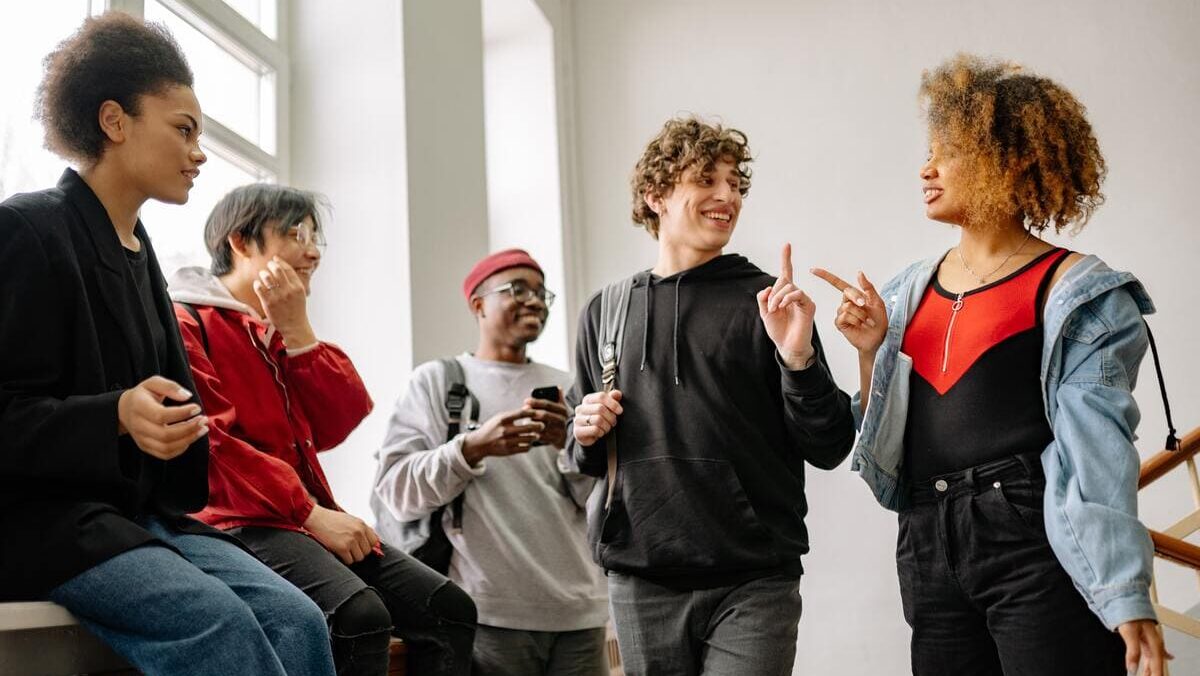One of the unique elements of the COVID-19 pandemic is that when asked, the vast majority of people would mention the unimaginable shift it caused to their lives. Almost overnight, most people’s realities were changed. Grocery items were rationed, visits with loved ones were not allowed, and students were forced to adapt to the distanced learning platforms their institutions took on. Much of the autonomy that existed before was greatly reduced. This was especially true for certain groups who did not have the support systems and resources that many of their counterparts used to better cope during this time. International students have always been an underrepresented and underserved population. Despite being some of the brightest and most promising of their cohorts, these individuals have historically had to navigate challenges such as stereotypes, language differences, immigration uncertainties, and overall acculturative stress, that their native-born peers have not. Now with the constraints of the pandemic, the impacts of these factors worsened.
When higher education institutions began sending students home after the effects of the coronavirus became clearer, a large number of international students were left worrying about what the near future looked like for them. Fortunately, some students were able to go back home to their loved ones who had the means to support the new method of education. But many others did not. In fact, many international students were either sent home to loved ones who could not support their distance learning adequately or even at all, while others were not even able to leave the country for a variety of reasons. Of course, most schools recognized these difficulties and created programs to lighten the burden on their students. But in many cases, these services were created with western/ individualized populations in mind. Thus, for students who come from cultures where asking for help is not really the norm, these services may not seem to be for them.
Now that you have read about some of the challenges international students were and still are facing during the COVID-19 era, hopefully, it is easier to see how many individuals in this population struggle with a sense of belonging, feeling motivated, and finding ways to improve their wellness. So, I want to propose four ways one can help their international-student identifying peers to feel supported, recognized, and included.
1.) Be a Listening and Non-advice-giving Friend: As you might have heard, listening to listen rather than listening to respond can make a world of a difference. This is especially true for international students whose problems might be outside the bounds of being helped by any advice you might give them. Instead, just allow space for them to vent and share the boatload of frustrations they probably have.
2.) Take the Initiative to Learn More About their Culture: As hinted, one of the frustrating things about the pandemic is the restraints placed on visiting loved ones, especially on using foreign travel to do so. Thus, for some of your friends, it may have been months or even years since they have been back to their homelands. Coupled with the pressure to acculturate, many international students constantly miss home and their native customs. So, in the effort to help your friend feel supported, recognized, and included, try showing more interest in talking about their culture and doing some of their favorite activities.
3.) Suggest or Plan Fun Non-Academic Activities. As you also might know, college is a hectic time and can almost feel like being on an endless hamster wheel so one of the most helpful things you can do is to take your international student loved one out of their typically academic space to one where they are able to escape from their educational demands for awhile.
4.) Highlight Extra Financial Aid Resources: As I said earlier, a significant contribution to the stress and worry international students feel is financial responsibilities. So, a great way to support them is to share any scholarships, grants, and need and merit-based financial aid you know. While some international students may appreciate you offering financial support, many more would accept guidance and ways for them to use their academic achievements to fund their education.
Hopefully, this discussion provides you with helpful suggestions on how to more intentionally be there for your friend. Of course, this is a general and very brief consideration of some of the international student experience, but you know your loved one (s) best and simply offering the most empathetic, compassionate version of yourself helps smooth their hurdle-filled path.
























